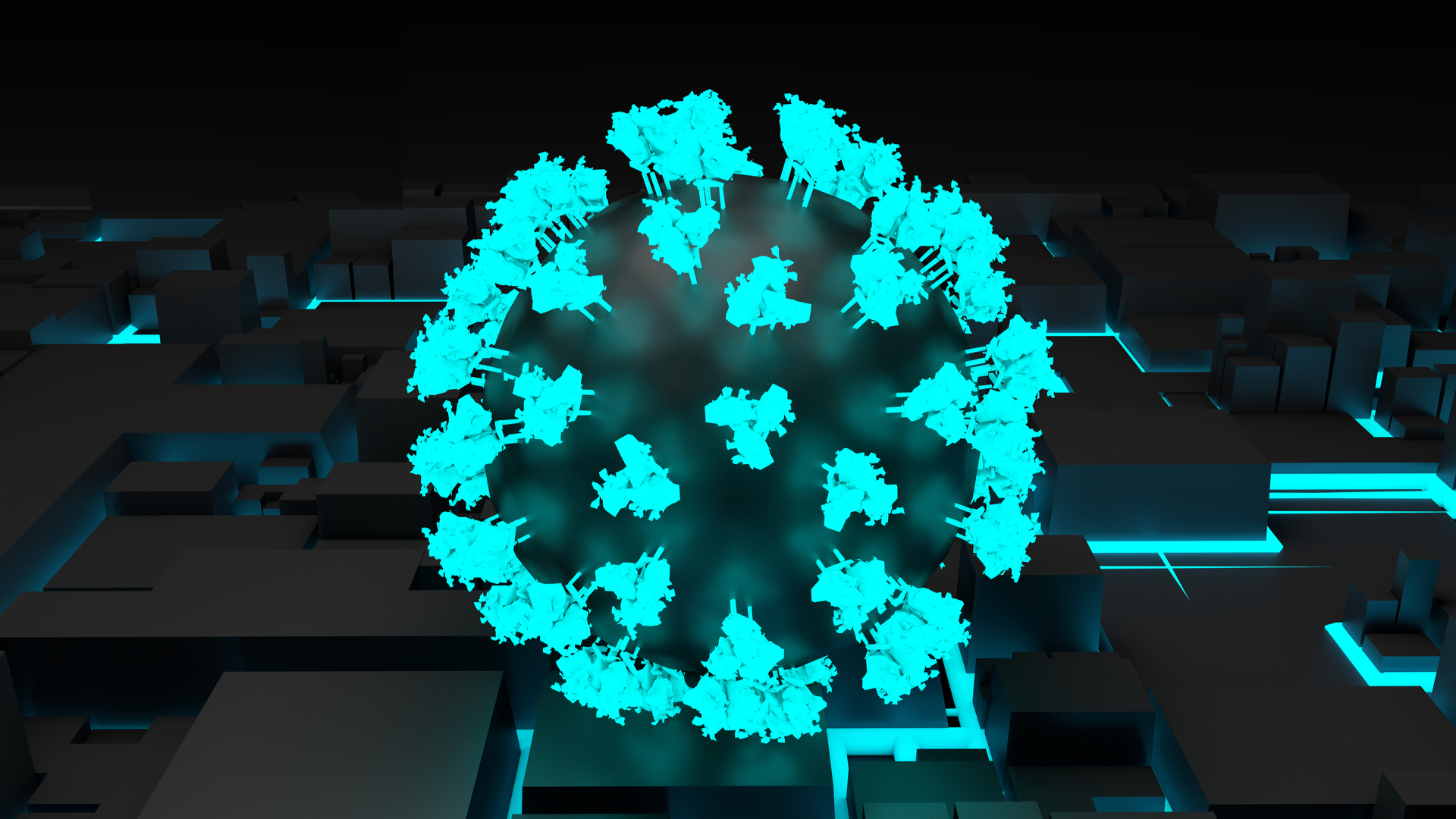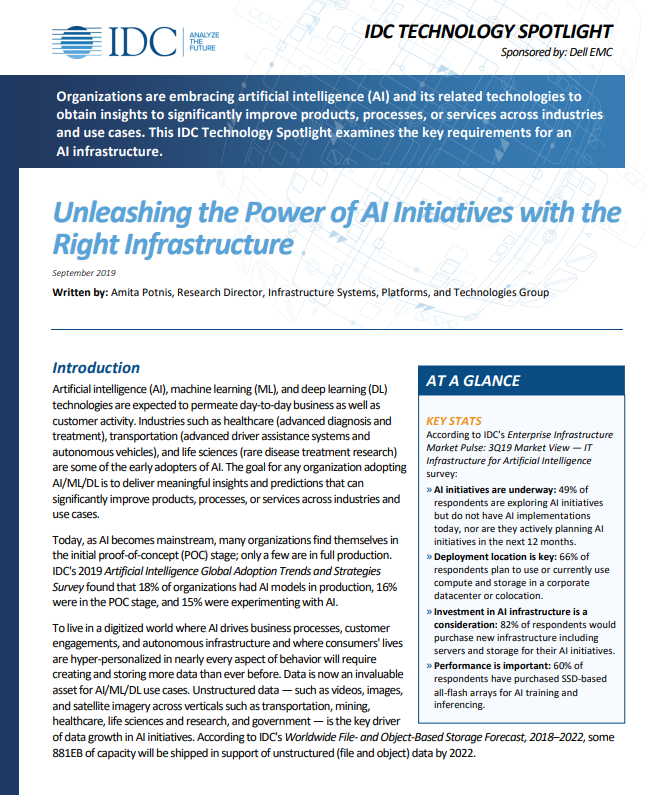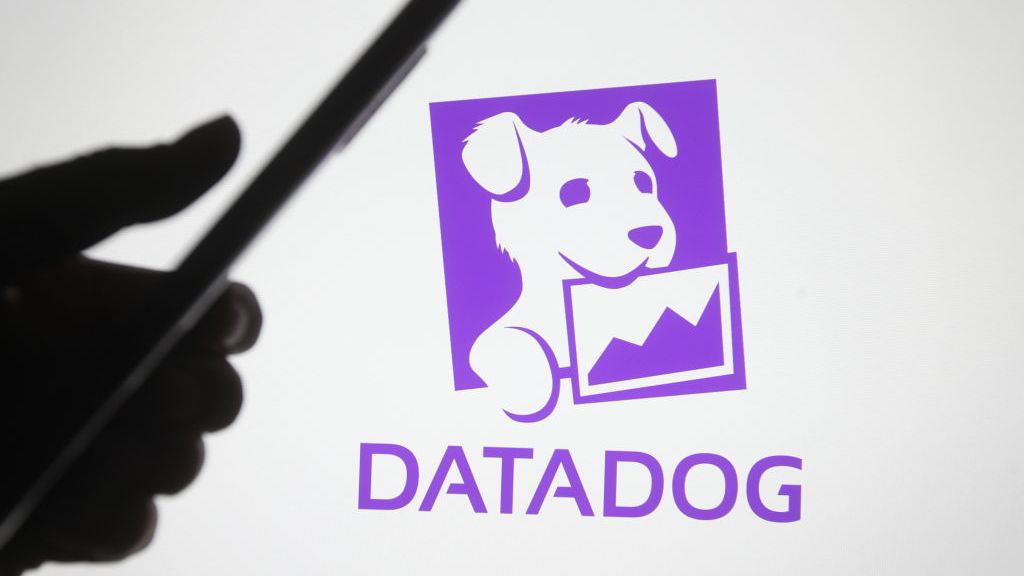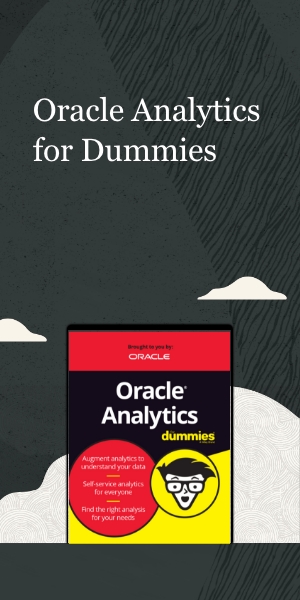New global alliance plans to fight coronavirus with AI
CAIAC aims to establish an advisory group consisting of UN organisations


A newly-formed UN-backed global alliance of think tanks is working on delivering a platform which will use artificial intelligence (AI) to help policymakers mitigate the effects of the coronavirus on public health and the economy.
The Collective and Augmented Intelligence Against Covid-19 (CAIAC) is formed by Stanford University’s Institute for Human-Centered Artificial Intelligence (HAI) and non-profit think tank the Future Society.
CAIAC aims to establish an advisory group consisting of UN entities, such as UNESCO and the UN Global Pulse, and use the “rapidly expanding collection” of global health, social, and economical data on the coronavirus pandemic in order to “enable the world’s decision-makers to confidently take action”.
The idea behind CAIAC’s platform is rooted in a UN initiative called the Global Data Access Framework (GDAF), which uses big data and AI to achieve the UN's 17 Sustainable Development Goals.
CAIAC is planning to initially focus its platform on using mobility data and AI to monitor contagion chains, identify and address inaccurate information on COVID-19, and recognise areas which are most vulnerable to the pandemic in order to deploy the appropriate interventions required.
In order to provide CAIAC with the AI technology that will power the decision-making platform, the alliance’s founding members are partnering closely with private sector companies including C3.ai, stability.ai, Element AI, Axis, GLG, and Planet.
Michael Sellitto, deputy director of the Stanford Institute for Human-Centered Artificial Intelligence, said that COVID-19 “represents a shared and urgent global challenge”.
Sign up today and you will receive a free copy of our Future Focus 2025 report - the leading guidance on AI, cybersecurity and other IT challenges as per 700+ senior executives
RELATED RESOURCE

Unleashing the power of AI initiatives with the right infrastructure
What key infrastructure requirements are needed to implement AI effectively?
“AI can play an important role in helping us emerge from the pandemic by organizing the vast quantities of data and emerging research, and combined with human intelligence, surfacing critical insights to support evidence-based decision making. Through this alliance, Stanford HAI and CAIAC will help connect the breadth of research across Stanford with public health leaders, policy makers, and others worldwide on the front lines of this crisis,” he said.
According to Cyrus Hodes, co-founder & chair of the AI Initiative at The Future Society, the pandemic has “accelerated innovation and global cooperation with the blossoming of thousands of bottom-up initiatives to find solutions”.
“Creating a coherent, truly holistic, knowledge platform for policy makers to navigate the flow of information has become a necessity. Fortunately, modern technologies such as AI can be used to harness vast amounts of disparate data and produce meaningful insights,” he said. “CAIAC will build this ground-breaking decision-making tool for global leaders to help solve the pandemic and accelerate the economic and social recovery.”
Having only graduated from City University in 2019, Sabina has already demonstrated her abilities as a keen writer and effective journalist. Currently a content writer for Drapers, Sabina spent a number of years writing for ITPro, specialising in networking and telecommunications, as well as charting the efforts of technology companies to improve their inclusion and diversity strategies, a topic close to her heart.
Sabina has also held a number of editorial roles at Harper's Bazaar, Cube Collective, and HighClouds.
-
 IDC MarketScape: Worldwide supply chain Oracle ecosystem services vendor assessment
IDC MarketScape: Worldwide supply chain Oracle ecosystem services vendor assessmentWhitepaper In-depth assessment of IT consulting providers supporting supply chain management processes
-
 Gartner: Data analytics teams failing to deliver benefits despite rising budgets
Gartner: Data analytics teams failing to deliver benefits despite rising budgetsNews Human-related challenges, such as lack of talent, were highlighted as key impediments to data strategy success
-
 Four steps to better business decisions
Four steps to better business decisionsWhitepaper Determining where data can help your business
-
 Boeing taps Aireon’s space data stream for improved flight safety
Boeing taps Aireon’s space data stream for improved flight safetyNews ADS-B data from Aireon will further strengthen Boeing’s data and safety analytics tools
-
 Datadog launches Observability Pipelines for enterprise data management
Datadog launches Observability Pipelines for enterprise data managementNews The service lets businesses centrally analyze massive volumes of application metrics, logs, and traces
-
 Building a modern strategy for analytics and machine learning success
Building a modern strategy for analytics and machine learning successWhitepaper Turning into business value
-
 Telefónica Tech acquires Microsoft partner Incremental for £175m
Telefónica Tech acquires Microsoft partner Incremental for £175mNews Glasgow-based Microsoft Dynamics partner will strengthen Telefonica Tech’s presence in the UK and Ireland
-
 Oracle analytics for dummies
Oracle analytics for dummiesWhitepaper Freedom from data overload


